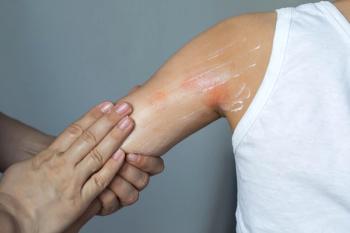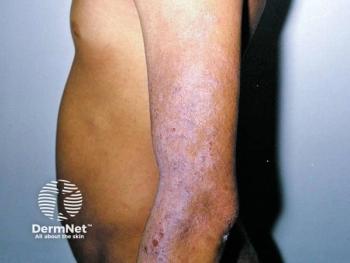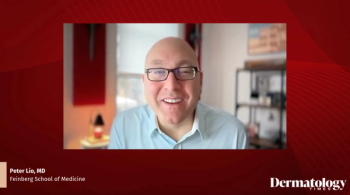
The 'complete exam' means examining completely
I believe only a complete dermatological examination is a complete examination by a dermatologist.
I pose the following questions:
I heard part of the downside of this last idea many years ago when I was on the faculty at a pediatric continuing medical education meeting.
After listening to this diatribe, I went ballistic. An excellent physician had taken the time to offer a complete examination of the patient's skin. Yet here was an individual with some very tangential association with the medical profession disapproving of this colleague and his examination.
I told the dinner gathering and the individual that I would personally congratulate that dermatologist on his complete examination. If the patient's family (or anyone) preferred a physician who would spend less time and effort, that was their choice, if that was the quality of professional care they desired.
Potential benefits
The dinner table became very quiet, and some friends gave that "here-he-goes-again" little smile. But I had to say what I believed. A complete dermatological exam is a complete dermatological exam, and anything less is incomplete. The "upside" of performing a complete cutaneous exam includes several potential benefits:
Certainly there is a downside to performing a complete skin examination on all new patients. Some patients will respond with some embarrassment and even a sense of invaded privacy at the suggestion that they undress for this complete examination.
A quiet and reasoned explanation of what the dermatologist is looking for in terms of possible malignant skin lesions and skin signs of other medical problems is usually a very acceptable explanation to those patients. Professional flexibility, however, should not be forgotten in this situation.
Women who are menstruating often ask if a complete exam could be postponed, and so do some folks with "hickeys" in covered areas. With these and a few other exceptions to the rule, the first visit seems like the best time to do a complete examination.
Most are thankful
Newsletter
Like what you’re reading? Subscribe to Dermatology Times for weekly updates on therapies, innovations, and real-world practice tips.










